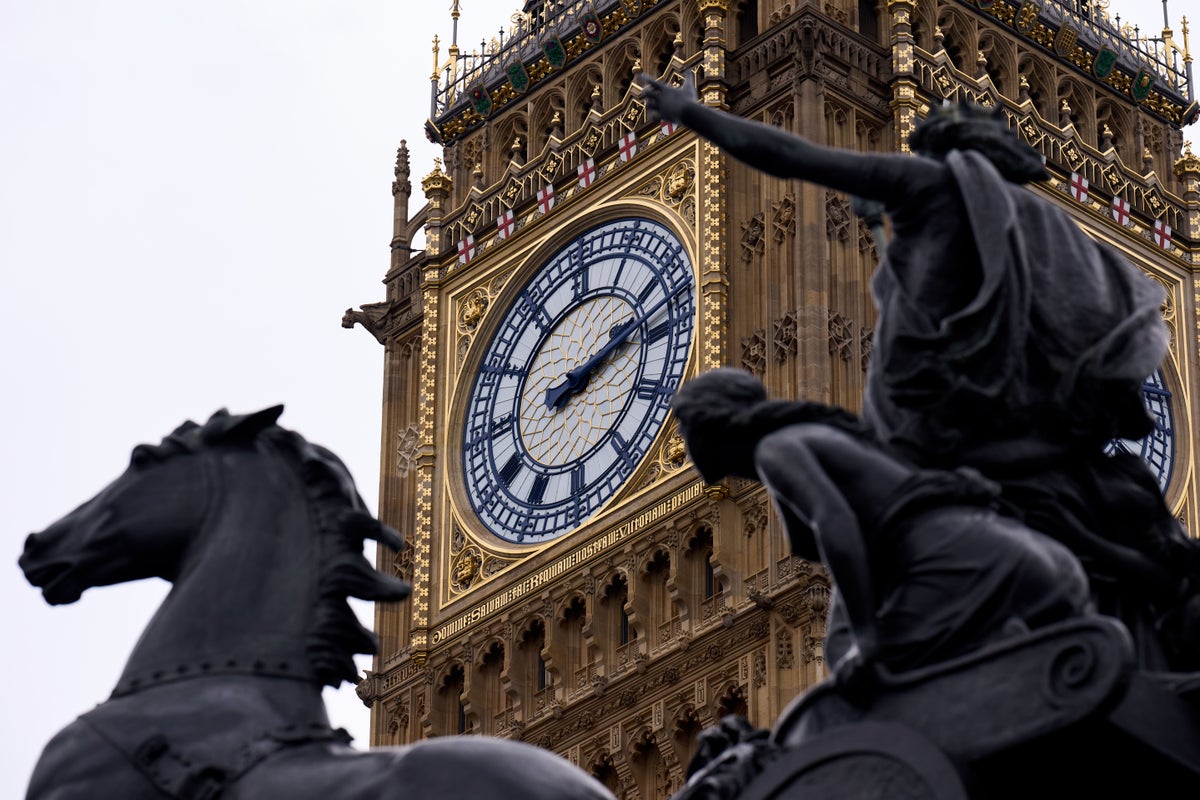
MPs have approved a motion to release a secret transcript to the Omagh Bombing Inquiry as it seeks to establish whether the deadly 1998 attack could have been prevented.
The inquiry’s solicitor Tim Suter had asked the House to allow his inquiry to access unreported evidence given to the Northern Ireland Affairs Committee almost 16 years ago.
The evidence contains information about an allegation “that police investigators into previous attacks in Moira, Portadown, Banbridge and Lisburn did not have access to intelligence materials which may have reasonably enabled them to disrupt the activities of dissent republican terrorists” in the Co Tyrone town.
The allegation is thought to have been made by former senior police officer Norman Baxter during a private session of the committee on November 11, 2009.
Parliamentary rules require MPs to approve that this information be supplied, because it previously went unreported.
MPs tasked its rules watchdog, the Commons Privileges Committee, with looking at the 2009 transcript. After consideration, the committee recommended that the evidence be given to the inquiry, and for the inquiry to publish that evidence if it sees fit to do so, subject to relevant advice.
Privileges Committee chairman Alberto Costa, the Conservative MP for South Leicestershire, told MPs that the committee felt there was an “overwhelming public interest” in helping the Omagh Bombing Inquiry.
He said: “Throughout our work, the committee has had it in mind that the Omagh bombing was one of the greatest atrocities committed in Northern Ireland during the period known as The Troubles and afterwards.
“In Omagh on August 15, 1998, a summer Saturday, in the centre of a busy town, where people were going about their everyday business, a 500-pound car bomb exploded, taking the lives of 29 people and two unborn children.
“It injured hundreds more people, with repercussions for thousands of relatives, friends and people across Northern Ireland.
“In short, we felt from the beginning that there was an overwhelming public interest in our helping the Omaha Bombing Inquiry in any way we could.”
He added: “In proposing that we provide the transcript to the inquiry, we are giving control of that transcript to that inquiry. This, so far as we are aware, is an unprecedented procedural step.
“But I would praise the inquiry for its careful, helpful and cooperative approach to the matters of parliamentary privilege raised by this step.
“I also thank the inquiry for the assurances it has given my committee about how it will handle the material and, in particular, what steps it will take to ensure that any national security concerns have been fully discussed with the security services before it shares the document or relies upon its own conclusions.
“Thus, given the assurances received by from the inquiry, and in light of the overwhelming public interest in providing aid to an inquiry into the murder of so many people, I trust that the House will feel confident that my committee has recommended an appropriate course of action.”
He concluded: “The committee believes that the House should do all it can to help the Omaha bombing inquiry in its work.
“We wish that inquiry well as it continues to seek the truth behind the terrible events of the 15th of August, 1998.”
Commons leader Sir Alan Campbell commended the Commons Privileges Committee for their “sensitivity in handling the subject” and its “commitment to facilitating the important work of the Omagh Bombing Inquiry”.
